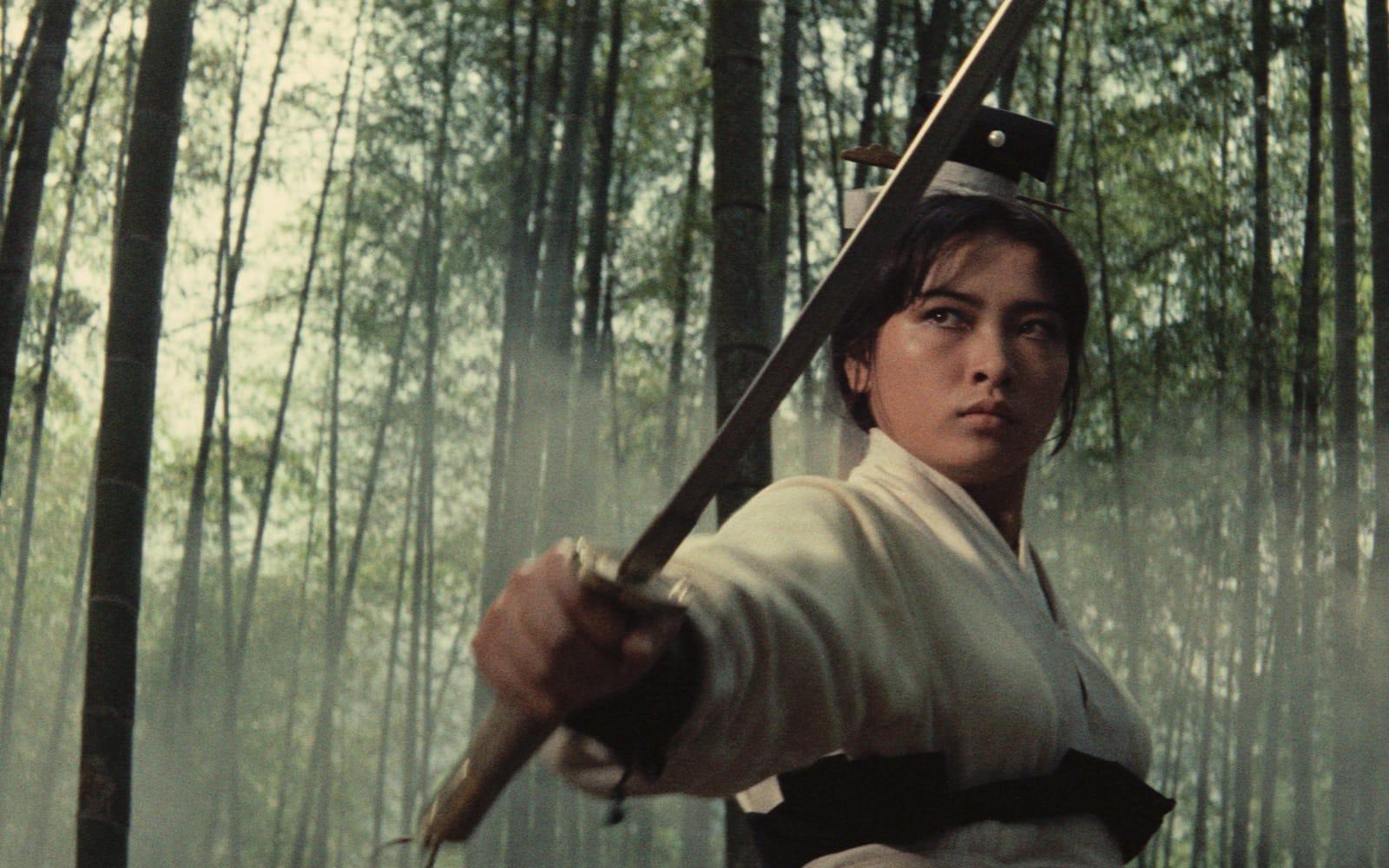Martial Arts Classics Dragon Inn & A Touch of Zen Get the 4K Treatment
I can only imagine seeing these King Hu masterpieces on the big screen.

King Hu may not be a name that most moviegoers are familiar with, but the Chinese filmmaker directed two of the greatest martial arts epics of all time, 1967’s Dragon Inn and 1971’s A Touch of Zen. With those films, Hu introduced some bold new ideas and styles into the martial arts and wuxia film genres. Janus Films’ bio of Hu puts it this way:
He imbued his action with a compositional depth and maturity; focused intently on the physicality of his performers, rather than relying on special effects; used the camera as a balletic partner to the actors; sculpted his fight scenes keenly through editing rather than letting them play out in single takes; cast women in stronger, more central roles than the studio had before; and conveyed a palpable sense of Buddhist precepts.
Both Dragon Inn (trailer) and A Touch of Zen (trailer) were recently given 4K restorations by Janus Films, and will have limited theatrical releases.
Here’s the Janus synopsis for Dragon Inn:
The Chinese Wuxia (martial arts) picture was never the same after King Hu’s legendary Dragon Inn. During the Ming dynasty, the emperor’s minister of defense is framed by a powerful court eunuch and executed, and his family is pursued by secret police. In the ensuing chase, a mysterious band of strangers begins to gather at the remote Dragon Gate Inn, where paths (and swords) will cross. This thrilling landmark of film history returns to the screen in a new, beautifully restored 4K digital transfer, created from the original negative.
And the Janus synopsis for A Touch of Zen:
In King Hu’s grandest work, Yang (Hsu Feng), a fugitive noblewoman at risk of being captured and executed, hides in a small village and then must escape into the wilderness with a shy scholar and two aides. There, the quartet face a massive group of fighters and are joined by a band of Buddhist monks surprisingly skilled in the art of battle.
Here’s some additional trivia, courtesy of Janus Films:
- In addition to being a great director, King Hu was a calligrapher and painted Dragon Inn’s opening credits.
- The martial arts choreographers on Hu’s films were encouraged to draw from the movements of traditional Chinese opera.
- A Touch of Zen was originally released in two parts against Hu’s wishes. He then recut it into a single two-hour film, and later, as a three-hour film. The latter was awarded the “Technical Grand Prize” at the 1975 Cannes Festival, making it the first Chinese film to win an award at Cannes.
- A Touch of Zen was intended as a critique of violent Western films like the James Bond franchise.
- Hu’s style — such as A Touch of Zen’s bamboo forest fight — was a huge influence on modern martial arts films, including Crouching Tiger, Hidden Dragon, Hero, and House of Flying Daggers.
More info on the films, and King Hu’s life and career, can be found in Janus Films’ King Hu section.
Enjoy reading Opus? Want to support my writing? Become a subscriber for just $5/month or $50/year.
Subscribe Today